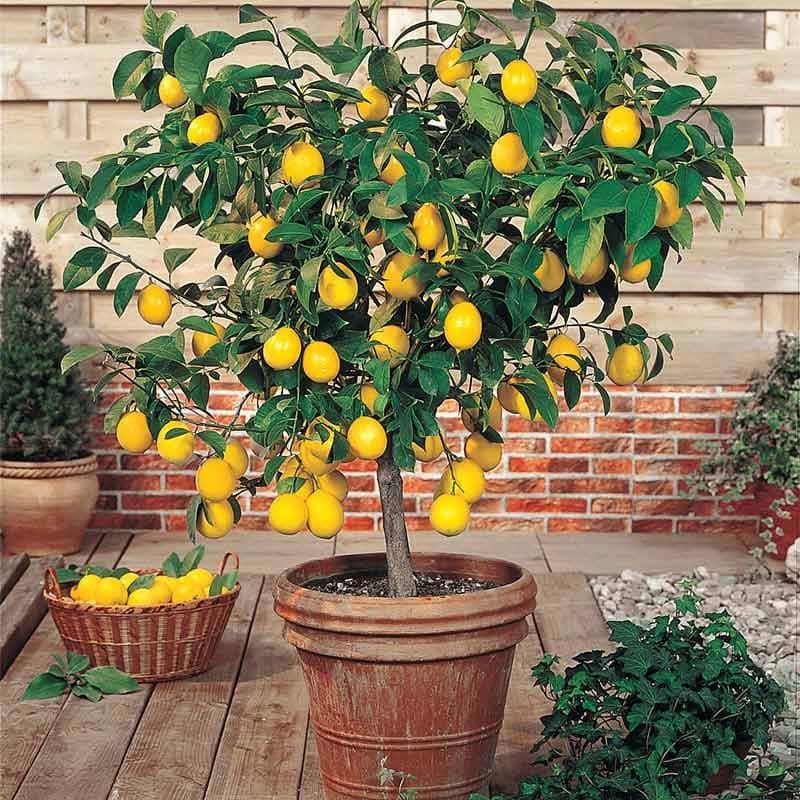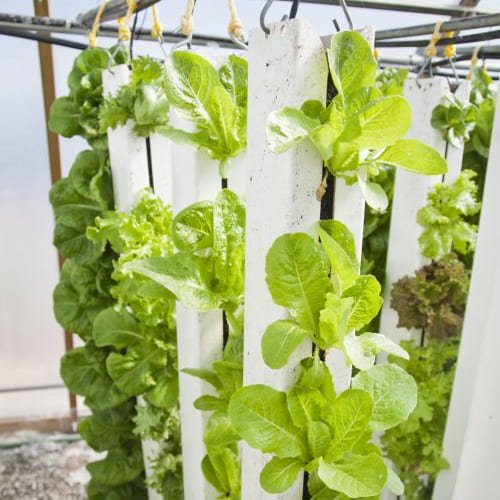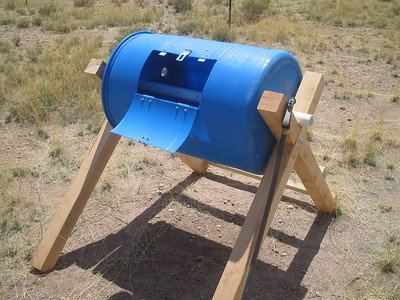The Meyer lemon is one of the few plants that brings much joy to gardening. What would it be like to walk into your own backyard or even your living room – and pick a sun kissed, fragrant lemon from a tree you grew yourself?
Now, before diving into the various sizes of Meyer lemon trees, let’s give a moment’s thought to why Meyer lemons have such a special place with us. Meyer lemons are sweeter than standard lemons, with thinner skin, and a floral zest laced with that citrusy tang. They add an irreplaceable touch to whatever you might be making; whether it’s lemonade, a pie, a cocktail. However, their appeal doesn’t end there. The trees themselves are aesthetically pleasing—compact, lush, and often filled with fruit and blossoms simultaneously.
But, what if you’re short on space? Luckily, Meyer lemons are versatile enough to work for gardeners with sprawling yards and those with limited space in a small apartment. In this guide, we’ll take a look at the different types of Meyer lemon plants and help you choose the one that’s right for your space and lifestyle.
Standard Meyer Lemon Trees
A standard Meyer lemon tree might be your best bet if you’re lucky enough to have a garden or a decent sized backyard. The tree will grow around 10ft tall and spread up to 8ft wide and have a good yield of fruit. Because they’re larger, they need space to spread their roots and branches.
Ideal For:
- Medium to large outdoor spaces.
- For gardeners who want high fruit yield.
Things to Consider:
While the payoff of a standard tree is high, so is the commitment. These trees thrive in the ground with well draining soil and lots of sunlight. Meyer lemons are sensitive to extreme cold, and if you live in an area that has cold winters, you’ll need to take additional steps to protect your tree from frost. Their size also means you’ll need to give up a lot of space, but if you have the room to spare, the rewards are worth it.
Dwarf Meyer Lemon Trees
The dwarf Meyer lemon tree is a game changer for those with limited space. These petite versions will grow about 4-6 feet tall, making them perfect for small yards, patios and even large balconies.
Ideal For:
- Urban gardeners.
- Individuals with smaller outdoor space.
- For those who want to grow fruit in pots.
Why They’re a Winner:
Dwarf trees are surprisingly prolific. Though small, they can still produce just as much fruit as their full-sized counterpart, if they’re properly taken care of. Plant them in a large pot with good drainage, and they’ll reward you with vibrant fruit year-round. Plus, they’re mobile! If you can move them indoors in the cold months, they will survive and prosper. They are also portable, which means you can move them to the most sunlight or away from the most extreme weather conditions.
Indoor Gardening Meyer Lemons
Don’t despair if you’re a city dweller with no outdoor space at all. Meyer lemon plants can adapt beautifully to indoor conditions. What if you had a fragrant, fruit bearing tree in your living room or kitchen? Adding an indoor lemon tree doesn’t just give you fruit, it adds a freshness and vitality to your home.
Key Considerations:
Light is everything: You’ll want to keep your plant warm and place it near a sunny window or invest in a grow light.
Humidity helps: The issue is that indoor environments are often dry, so mist your tree regularly, or use a pebble tray with water to keep up the moisture.
Pot size matters: Pick a pot that’s big enough for root growth but not so big that it will hold excess water, resulting in root rot.
Why It’s Worth It:
Growing a Meyer lemon indoors isn’t just about the fruit; it’s also about the experience. It’s a wonderfully rewarding thing to watch the blossoms bloom, inhale its citrusy perfume and
hopefully nurturing the plant as it grows. It’s a reminder of nature’s resilience, beauty, even in confined spaces. Other than that, a Meyer lemon tree does wonders by both providing beautiful fruit and adding a decorative touch to your home, making the form and function come together in the best of ways.
Meyer Lemon Bush: The Space Saver
Bush style Meyer lemon plants are even more compact if you’re looking for something even more compact. These are typically smaller than dwarf trees and grow more horizontally than vertically. Gardeners who want a manageable plant that’s easy to care for and harvest from, will love these Meyer lemon bush.
Where They Shine:
Bush Meyer lemons are great for small patios or as an accent plant in landscaping. Their compact growth habit makes them easy to prune, and they’re a great choice if you want a plant that’s both ornamental and productive. In addition, their dense looking growth forms a luscious green focal point, that works well in confined outdoor spaces.
Maintenance Tips:
Bush style plants need regular pruning to keep their shape and to encourage fruit production. Additionally, they also benefit from being fertilized with a citrus-specific blend to ensure they receive the nutrients they need for robust growth and fruiting.
Selecting the Right Type for Your Space

When deciding which Meyer lemon plant to bring into your life, consider the following:
How much space do you actually have? Be honest with yourself about how big your garden, balcony or indoor area is. A plant that’s too big will be a burden, not a joy.
What’s your climate like? If you live in a warm, sunny region, you’re spoiled for choice. If not, you may have to concentrate on container gardening or indoor plants.
What are you willing to do? Bush and dwarf varieties are lower maintenance options while the standard trees need more maintenance and space.
What’s your goal? Do you want a beautiful plant to add to your living space, or are you looking for maximum fruit production? Your priorities will help you choose.
Final Thoughts: Meyer Lemons for Every Gardener
Whether you’re a seasoned gardener or a beginner trying to green your thumb – there’s a Meyer lemon plant out there for you. These awesome forgiving plants do far more than giving fruits. They bring a sense of accomplishment, joy and deeper connection with nature.
Which one will you choose, then? A sprawling standard Meyer lemon tree for a backyard bounty? A dwarf tree or Meyer lemon bush for a cozy patio vibe? Or an indoor plant to brighten up your home? Regardless of which option you chose, growing a Meyer lemon plant is a journey — one with patience, careful attention, and the unmatched joy of home grown fruit. Nurturing a plant and watching it bloom is something so satisfying, that reminds us that even in the smallest of spaces, life, and lemons can thrive.



